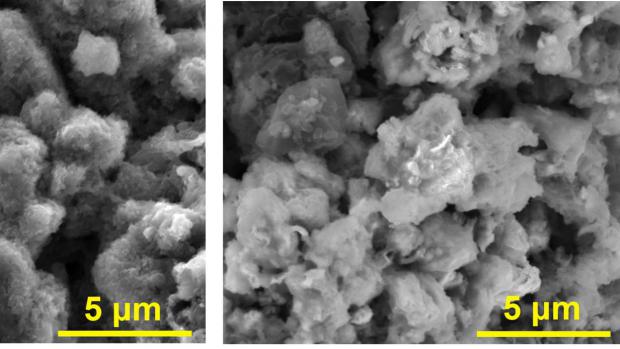
Breaking News
 Iran (So Far Away) - Official Music Video
Iran (So Far Away) - Official Music Video
 COMEX Silver: 21 Days Until 429 Million Ounces of Demand Meets 103 Million Supply. (March Crisis)
COMEX Silver: 21 Days Until 429 Million Ounces of Demand Meets 103 Million Supply. (March Crisis)
 Marjorie Taylor Greene: MAGA Was "All a Lie," "Isn't Really About America or the
Marjorie Taylor Greene: MAGA Was "All a Lie," "Isn't Really About America or the
 Why America's Two-Party System Will Never Threaten the True Political Elites
Why America's Two-Party System Will Never Threaten the True Political Elites
Top Tech News
 How underwater 3D printing could soon transform maritime construction
How underwater 3D printing could soon transform maritime construction
 Smart soldering iron packs a camera to show you what you're doing
Smart soldering iron packs a camera to show you what you're doing
 Look, no hands: Flying umbrella follows user through the rain
Look, no hands: Flying umbrella follows user through the rain
 Critical Linux Warning: 800,000 Devices Are EXPOSED
Critical Linux Warning: 800,000 Devices Are EXPOSED
 'Brave New World': IVF Company's Eugenics Tool Lets Couples Pick 'Best' Baby, Di
'Brave New World': IVF Company's Eugenics Tool Lets Couples Pick 'Best' Baby, Di
 The smartphone just fired a warning shot at the camera industry.
The smartphone just fired a warning shot at the camera industry.
 A revolutionary breakthrough in dental science is changing how we fight tooth decay
A revolutionary breakthrough in dental science is changing how we fight tooth decay
 Docan Energy "Panda": 32kWh for $2,530!
Docan Energy "Panda": 32kWh for $2,530!
 Rugged phone with multi-day battery life doubles as a 1080p projector
Rugged phone with multi-day battery life doubles as a 1080p projector
 4 Sisters Invent Electric Tractor with Mom and Dad and it's Selling in 5 Countries
4 Sisters Invent Electric Tractor with Mom and Dad and it's Selling in 5 Countries
Asphalt-lithium metal batteries fully charge in five minutes

Variations like lithium-air and lithium metal batteries are in the works to possibly replace them, and now researchers at Rice University have improved the latter with the help of an unlikely ingredient. The team found that adding asphalt to the anode made for lithium metal batteries that charge faster and are less likely to short circuit and fail.
To make their new battery, the Rice researchers used untreated gilsonite, a derivative of asphalt, and mixed it with conductive graphene nanoribbons. Then, that composite was coated in lithium metal through the process of electrochemical deposition, to create an anode. The final battery is made by combining this anode with a cathode of sulfurized carbon.
The team tested these new asphalt-lithium metal batteries over more than 500 charge-discharge cycles, and found the porous carbon material from the asphalt made the battery more stable. The batteries were found to have a power density of 1,322 watts per kg, and an energy density of 943 watt-hours per kg. Meanwhile, a high current density of 20 mA per square cm means that these batteries could be recharged from empty much faster than standard lithium-ion batteries.



